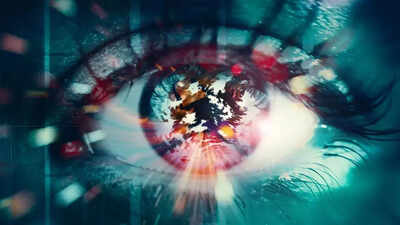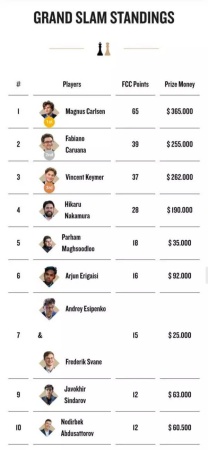Have you ever paused to consider whether you're truly experiencing the present moment? A fascinating study published in Science Advances in 2022 indicates that our perception of the present may be an illusion. Researchers suggest that the brain presents a visual representation that is, in fact, up to 15 seconds old. This intriguing phenomenon, recently highlighted by Popular Mechanics and UNILAD Tech, suggests our brains merge past visual information to create a consistent and stable view of our surroundings. We may be perpetually experiencing the past, carefully curated by the brain to feel like "now." Let's delve into how and why your brain does this.

The human brain doesn't process the visual world in real-time. Instead, it delays and blends images from the recent past to construct a stable and smooth picture of our surroundings. Scientists refer to this effect as a "previously unknown visual illusion," one that shields us from the disruptive nature of constant sensory input.
This delay is not a flaw but rather a survival mechanism that helps us manage the constant sensory input in a dynamic world. Consider the rapid changes in your environment – blinking lights, shifting shadows, moving objects, or your eyes rapidly scanning a room. Instantly processing every change would overwhelm the brain.
To avoid sensory overload, your brain employs a process called serial dependence, blending what you are currently seeing with what you saw moments ago. This results in visual smoothing, providing the impression of a calm, unchanging scene. In essence, your brain sacrifices precision for peace of mind.
The study revealed that our brains might rely on visual snapshots from up to 15 seconds in the past. This means that what you perceive as the "present moment" is actually an edited replay of earlier visual input.
This delay allows us to function in a constantly changing environment by preventing cognitive fatigue. It acts as a biological buffer – as if your brain is constantly editing a video, replaying the last few seconds to ensure continuity. Far from being a glitch, this feature provides a significant evolutionary advantage. By focusing on consistency rather than hyper-accurate real-time feedback, the brain enables us to:
In a fast-paced world, this smoothing effect ensures that our attention isn’t hijacked by every minor change around us.
This discovery challenges a fundamental concept in mindfulness and philosophy – the idea of being fully present. If our visual reality is based on the past, the "now" we believe we inhabit is not truly present. Instead, it is a curated experience shaped by our brain’s memory and guesswork.
It raises intriguing questions:
You’re seeing the past — and your brain doesn’t want you to know.
Older articles
 UNESCO's World Heritage Wonders: Unveiling 10 Iconic Sites, From Petra to the Pyramids
UNESCO's World Heritage Wonders: Unveiling 10 Iconic Sites, From Petra to the Pyramids
 JPG to PDF: A Comprehensive Guide for Graphic Designers & Professionals
JPG to PDF: A Comprehensive Guide for Graphic Designers & Professionals
 England's Bold Claim: Could They Have Chased Down 450 Against India?
England's Bold Claim: Could They Have Chased Down 450 Against India?
 iQoo Z9 Turbo: Rumored Specs Emerge – Snapdragon 8s Gen 3, 6000mAh Battery Highlighted
iQoo Z9 Turbo: Rumored Specs Emerge – Snapdragon 8s Gen 3, 6000mAh Battery Highlighted
 5 Often-Missed Warning Signs of Bladder Cancer You Need to Know
5 Often-Missed Warning Signs of Bladder Cancer You Need to Know
 Shadman Islam Defends Bangladesh Batters After Day 1 Struggles Against Sri Lanka
Shadman Islam Defends Bangladesh Batters After Day 1 Struggles Against Sri Lanka
 Tick Bite Paralyzes Fitness Influencer: A Wake-Up Call for Outdoor Enthusiasts
Tick Bite Paralyzes Fitness Influencer: A Wake-Up Call for Outdoor Enthusiasts
 Freestyle Chess Grand Slam Loses India Leg: Sponsorship Issues Sideline Magnus Carlsen
Freestyle Chess Grand Slam Loses India Leg: Sponsorship Issues Sideline Magnus Carlsen
 KL Rahul Puts Country First, Prioritizes England Tests Over Newborn Child
KL Rahul Puts Country First, Prioritizes England Tests Over Newborn Child
 Samsung Galaxy A55 vs. Vivo V30 Pro: Flagship Features Clash in Mid-Range Android Battle
Samsung Galaxy A55 vs. Vivo V30 Pro: Flagship Features Clash in Mid-Range Android Battle